
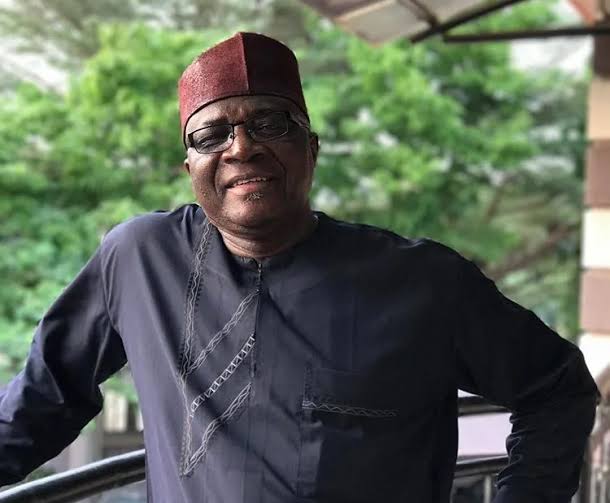
The many silver linings of Tinubu’s seven months in office, by Bayo Onanuga
Amidst what some sections of the media perceive as general gloom, some silver linings are emerging, signposting that with a little more patience, our material conditions will improve and inflation will be tamed.

Related Articles
US polls: Kamala Harris poses formidable opponent to Trump – Prof. Akinyemi
Nigeria’s one-time Foreign Affairs Minister, Prof. Bolaji Akinyemi, has said Kamala Harris...
Implications of Biden’s Withdrawal from America’s Presidential Race
By Paul Ejime It is not entirely surprising, yet the implications can...
Books From The Heart Of A Nation by Dakuku Peterside
Nigeria is a complex and multifaceted country that elicits various thoughts and...
The Need for Serious Disruption Prevention Orders as an Act of Parliament in Nigeria
By Dr George Ogunjimi, Esq. New public order powers to prevent individuals...
NNPC’s Operations: Interrogating Businessday newspaper’s “opacity” tag and other matters, by Olufemi Soneye
I have read the story published by Businessday newspaper in its edition...
Towards genuine local government autonomy, By Dakuku Peterside
Last week, Nigeria’s Supreme Court took a fundamental step towards dismantling the...
Ensuring Global Best Practices in Nigeria’s Oil Industry is Key to National Security
By Nelson Ekujumi The Nigeria oil industry is without doubt the mainstay...
Correcting the Lies in Dr. Olisa Agbakoba’s Assertions
By Kingsley Ariamaodo Eminent lawyer and Senior Advocate of Nigeria, Dr. Olisa...
Ruto sacks cabinet as Kenya reels under youth angst
By Paul Ejime Embattled Kenyan President William Ruto has dissolved his cabinet...
The Geo-Politics Of Nigeria’s Insecurity by Dakuku Peterside
In the past ten years, the South-East and North-East geopolitical zones, more...
The June 25 Rage in Kenya, which Country is Next?
By Paul Ejime Only politicians and their supporters numbed by greed and...
Cholera in Hard Times, by Dakuku Peterside
Yemen, a West Asian country in the Arabian Peninsula, reported one million...
Beyond National Profligacy, by Dakuku Peterside
Jonathan Tepperman’s book, The Fix, is about how some nations fixed significant...
Minimum wage review: My take away, item 34 of 1999 Constitution’s Exclusive List should be amended
By Mr. Babatunde Fashola, SAN, CON *An Opinion piece titled, “MININMUM WAGE...
American Democracy’s Trump Test By Dakuku Peterside
There is currently no evidence to support the claim that democracy is...
South Africa’s 2024 Election, A Referendum on Black Leadership
By Paul Ejime The results of South Africa’s 2024 elections further illustrate...
South Africa: Economics above politics By Dakuku Peterside
South Africans voted in national and local elections on May 29, exactly...
OPINION: Nigeria’s Urgent Need for Increased Government Funding in the Water Sector
By Sefa Ikpa In Nigeria, walk two kilometers in any direction, and...
One Year On: Words Above Action
Amidst the initial fanfare, good feelings, and high expectations, a new era...
The Scourge Of Rising Inflation by Dakuku Peterside
An increasing number of Nigerians are being driven into poverty, not by...



















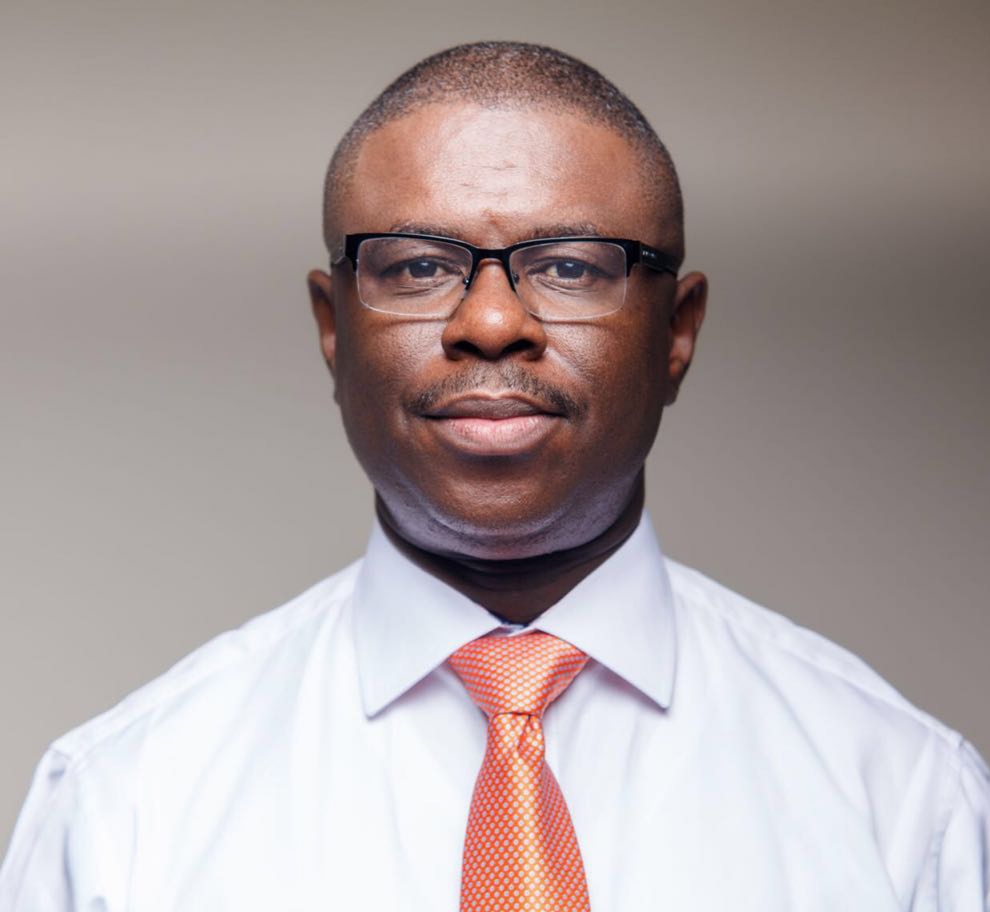

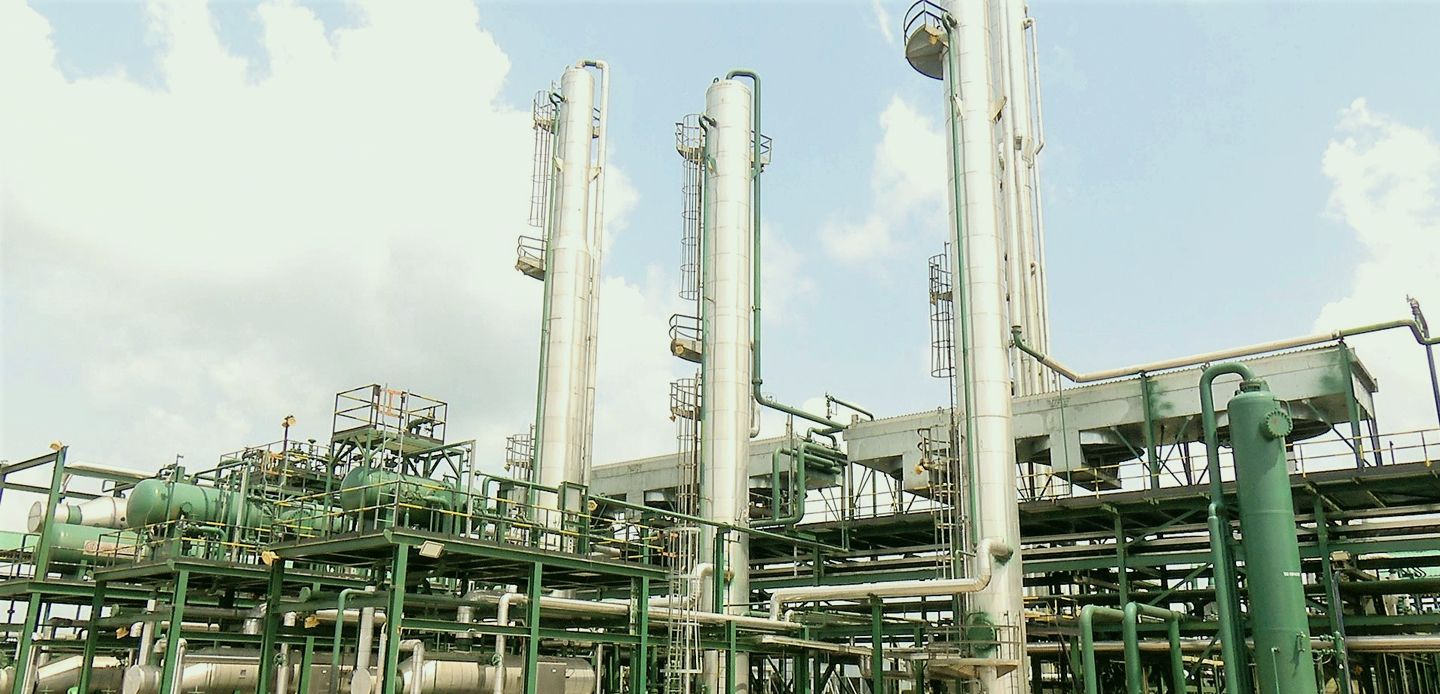
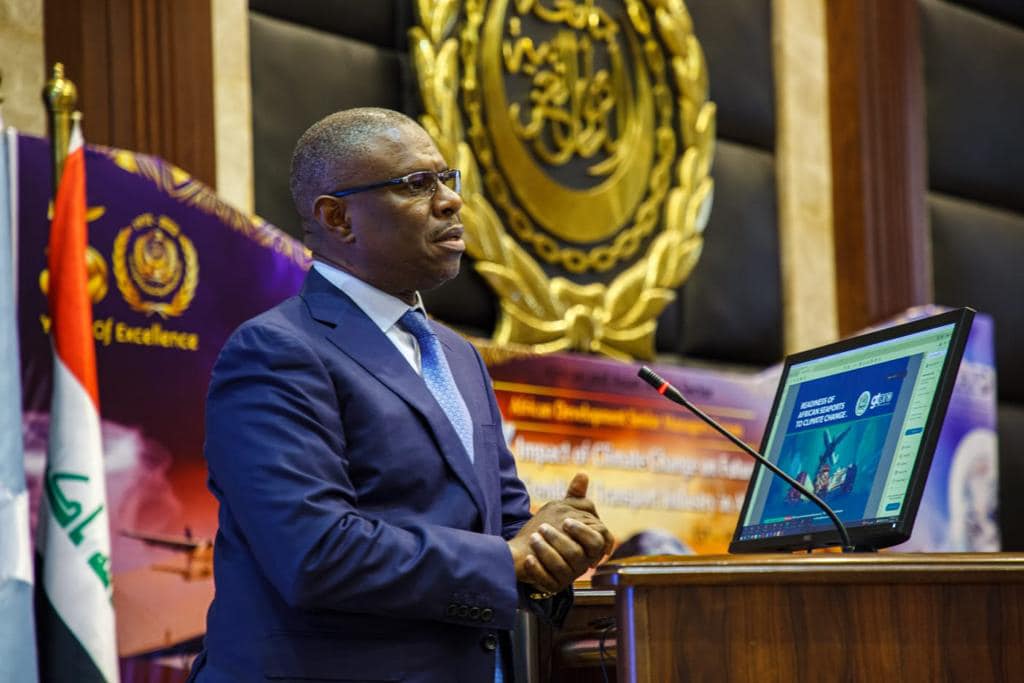

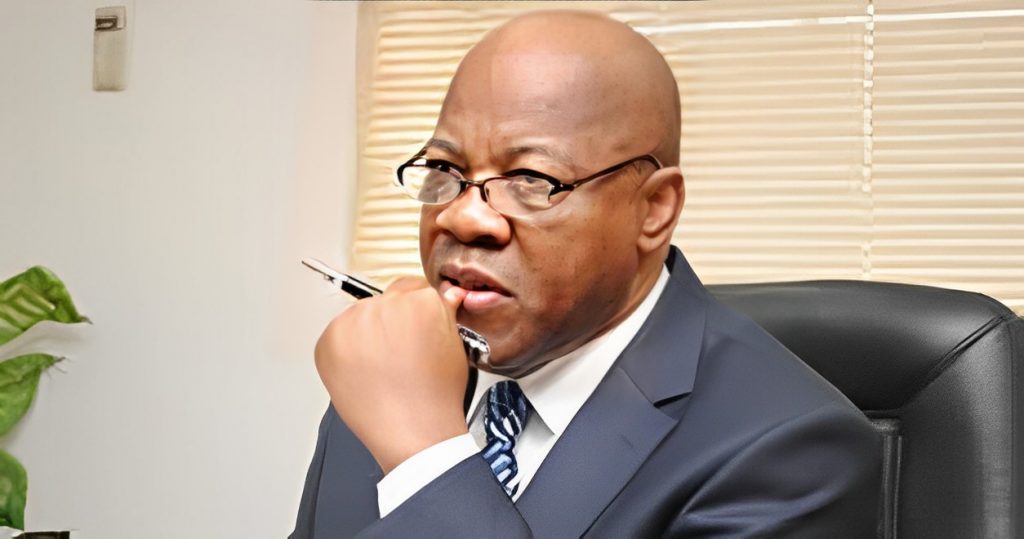
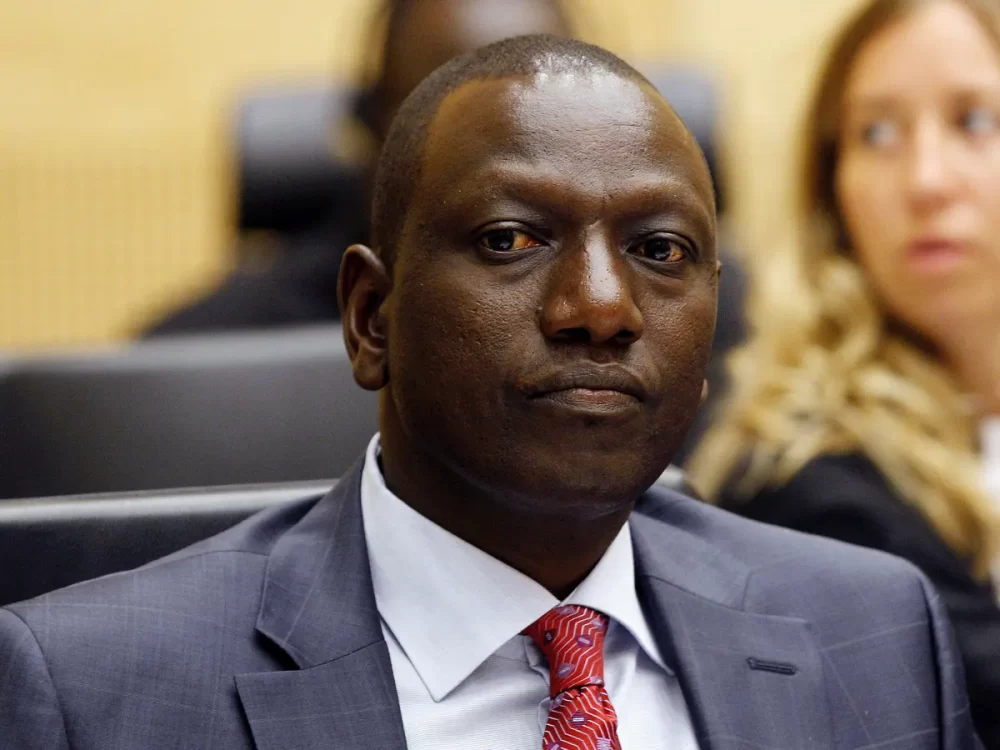
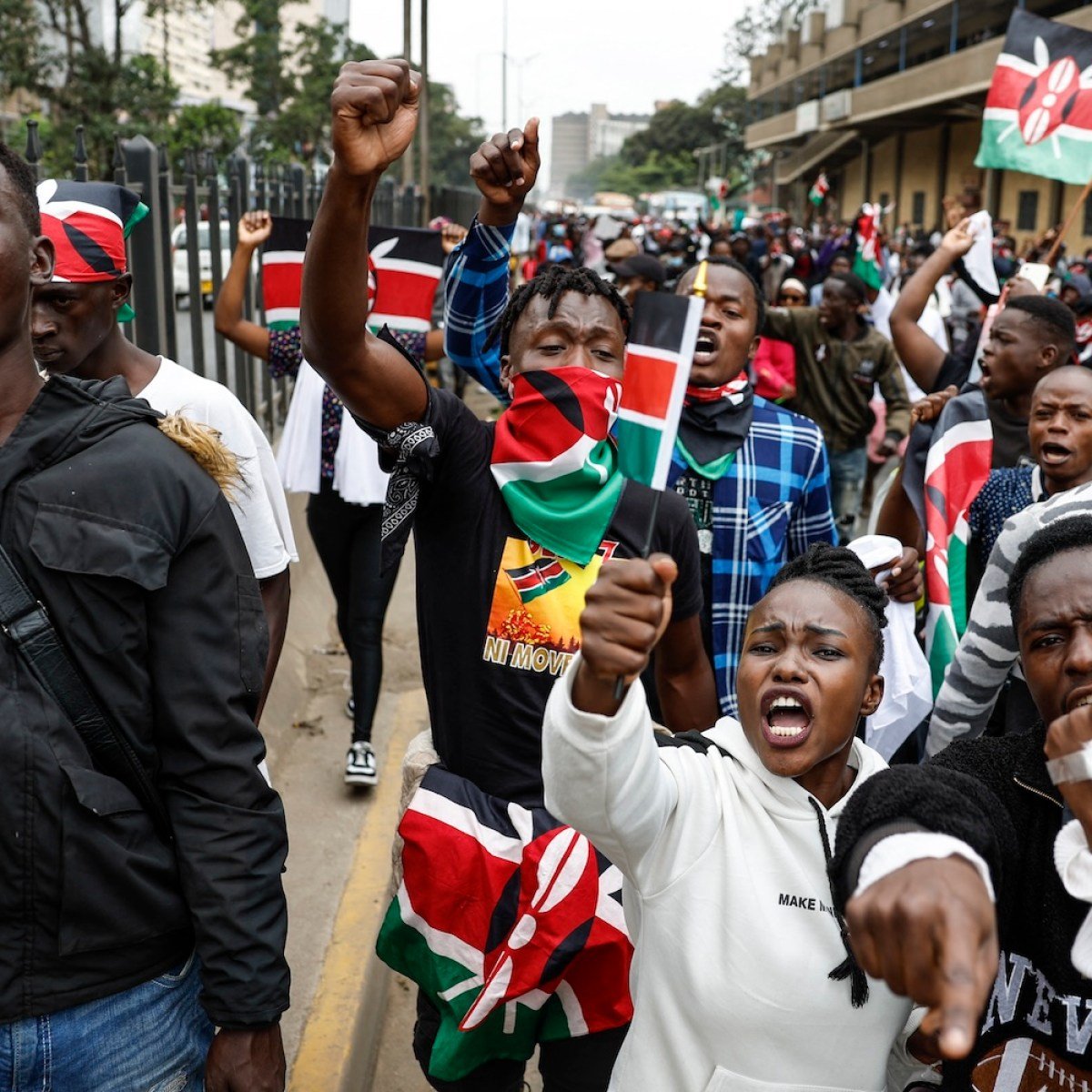


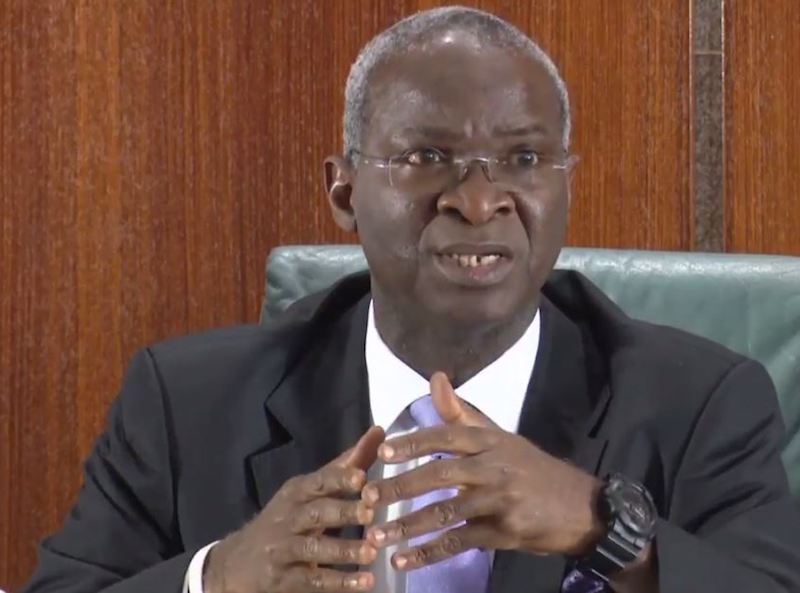
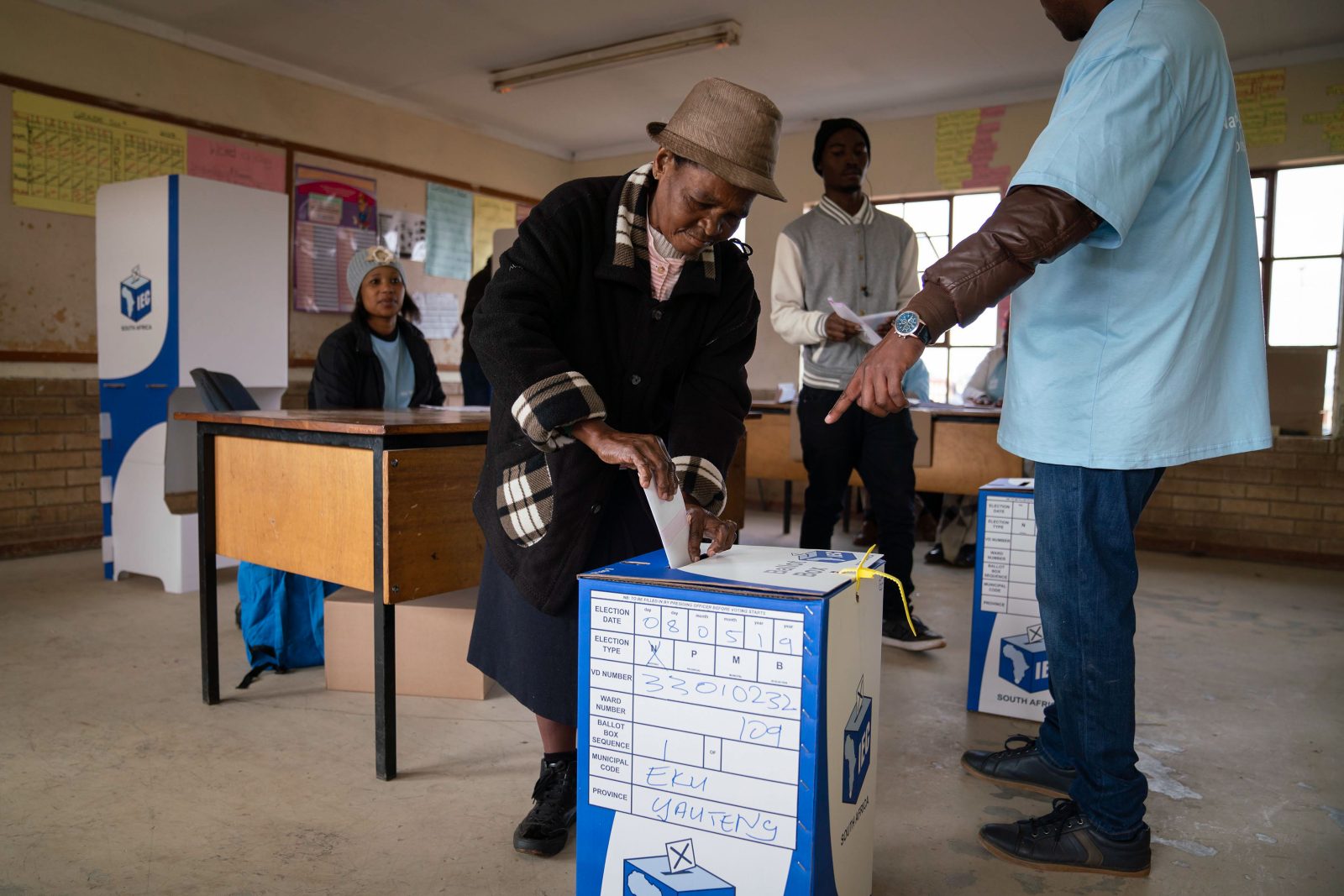

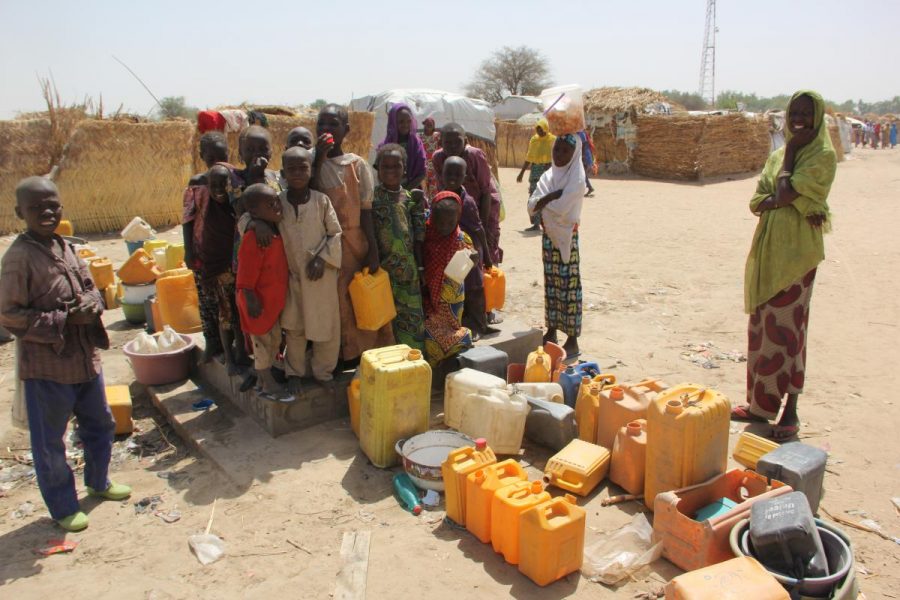
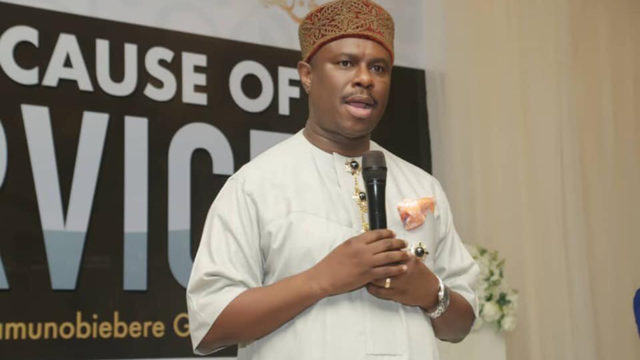
Leave a comment